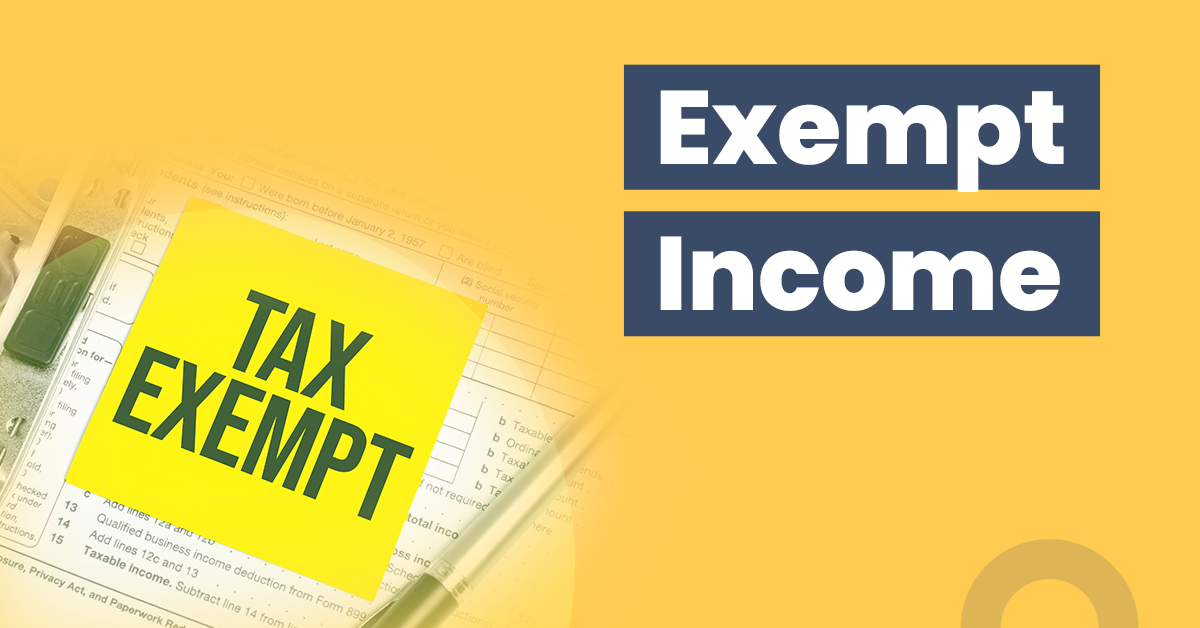 Individual retail sale tax-exempt India
Individual retail sale tax-exempt India
Introduction
Tax exemptions play a crucial role in India’s retail sector, benefiting both businesses and consumers. A tax-exempt retail sale refers to a transaction where goods or services are sold without attracting Goods and Services Tax (GST) or other applicable taxes. Understanding how to make an individual retail sale tax-exempt in India is essential for businesses, retailers, and eligible consumers.
Definition
A tax-exempt retail sale refers to the sale of goods or services where the applicable tax, such as GST, is either not levy or is waive due to eligibility criteria set by the government. In India, tax exemptions on retail sales are govern by the GST Act, customs regulations, and various tax relief policies.
Application of Tax Exemption on Retail Sales
The application of tax exemption on individual retail sales in India varies based on specific scenarios:
- Sales to Government and Diplomatic Missions: Certain sales to government bodies, embassies, and consulates are exempt from GST.
- Sales to Special Economic Zones (SEZs): Supplies made to SEZ units are consider zero-rated under GST.
- Sales of Exempted Goods and Services: Essential goods such as unprocessed food grains, fresh vegetables, and certain educational services are tax-exempt.
- Sales to Registered Charitable Organizations: Some NGOs and charitable organizations enjoy tax exemptions on specific purchases.
- Sales Under Composition Scheme: Small businesses under the GST composition scheme may be exempt from collecting GST on sales.
To claim tax exemption, the buyer must provide the necessary documentation, such as an exemption certificate, GST registration details, or any official government-issued documents supporting their claim.
Benefits of Tax-Exempt Retail Sales
- Cost Savings: Buyers save money as they do not have to pay taxes on eligible purchases.
- Encouragement for Essential Goods: Tax exemptions on essential commodities make them more affordable for the general public.
- Boost to Export and SEZ Units: Zero-rated sales to SEZs enhance international trade and attract foreign investments.
- Support for Charitable Activities: NGOs and non-profit organizations benefit from reduced costs on essential goods and services.
- Simplified Compliance for Small Businesses: Certain businesses under the composition scheme enjoy relaxed tax compliance requirements.
Limitations of Tax-Exempt Retail Sales
- Complex Documentation: Obtaining tax exemptions requires proper documentation, which can be time-consuming.
- Limited Eligibility: Not all goods and buyers qualify for tax exemption.
- Regulatory Compliance: Businesses must ensure strict adherence to GST and taxation laws to avoid penalties.
- Potential Misuse: Fraudulent claims of tax exemptions can lead to legal consequences.
- State-Specific Variations: Tax exemptions may vary by state, making compliance challenging for multi-state businesses.
Comparative Table: Taxable vs. Tax-Exempt Retail Sales
| Aspect | Taxable Retail Sale | Tax-Exempt Retail Sale |
|---|---|---|
| GST Applicability | GST is levy at applicable rates | GST is not levy |
| Documentation | No special documents require | Exemption certificate needed |
| Compliance Burden | Standard GST filing require | Additional verification needed |
| Eligible Buyers | All consumers | Only eligible buyers (e.g., SEZ, NGOs) |
| Business Benefit | Regular revenue collection | Encourages specific sectors |
Conclusion
Tax-exempt retail sales in India are crucial for supporting specific sectors, reducing costs for essential goods, and promoting exports. However, they come with eligibility criteria, regulatory requirements, and documentation obligations. Businesses and consumers must be well-informed about the application process, benefits, and limitations to leverage tax exemptions effectively.
Frequently Asked Questions (FAQs)
1.Who qualifies for tax-exempt retail sales in India?
Tax-exempt buyers include SEZ units, charitable organizations, government bodies, and certain essential product consumers.
2. What documents are require for a tax-exempt purchase?
An exemption certificate, GST registration proof, or relevant official documentation is require.
3. Are all goods and services eligible for tax exemption?
No, only specific goods and services qualify as per GST laws.
4. Can a retailer claim tax exemption on sales to regular consumers?
No, only eligible entities can avail tax-exempt purchases.
5. How does tax exemption differ from a tax rebate?
Tax exemption means no tax is levy, whereas a tax rebate is a refund or reduction in tax liability.
6. Are tax-exempt sales reported differently in GST returns?
Yes, tax-exempt sales must be separately report in GST filings.
7. What happens if a tax-exempt claim is found invalid?
The buyer or seller may have to pay the tax with penalties.
8. Do state-level tax exemptions differ from central GST exemptions?
Yes, state-specific exemptions may apply in addition to central GST rules.
9. Can a tax-exempt purchase be resolve with tax exemption?
No, reselling typically attracts applicable taxes unless further exemptions apply.
10. How can businesses verify the authenticity of tax-exempt buyers?
They should check government-issued exemption certificates and GST registration details before processing the sale.
To Visit https://www.incometax.gov.in/
Contact:Â Â Â Â 8130555124, 8130045124
Whatsapp:Â Â https://wa.me/918130555124
Mail ID:Â Â Â Â Â Â operations@vibrantfinserv.com
Web Link:Â Â Â https://vibrantfinserv.com
FB Link:Â Â Â Â Â Â https://fb.me/vibrantfinserv
Insta Link:Â Â https://www.instagram.com/vibrantfinserv2/
Twitter:Â Â Â Â Â Â https://twitter.com/VibrantFinserv
Linkedin:Â Â Â https://www.linkedin.com/in/vibrant-finserv-62566a259/